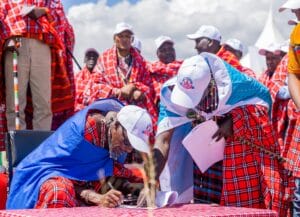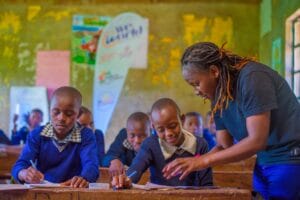
The context
Since October 8th 2023, the Lebanese territory has experienced attacks by Israel, which have intensified exponentially since September 23rd: bombardments, air strikes and ground invasions have caused numerous victims and significant displacements, particularly in the southern and eastern regions of the country and in Beirut.
The attacks have caused 2,867 deaths so far, including 178 children and 560 women, and 13,047 injuries (OCHA, November 2nd 2024). 842,648 people have been forced to leave their homes and are currently displaced, 35% of whom are children. 1,094 public buildings, including schools, educational centres and professional institutes, have been converted into shelters. At the same time, 344,819 Syrians and 150,104 Lebanese have left the country, mostly to cross the border into Syria by land.
Public services, health care, water supplies and access to food and other basic necessities have been significantly affected, particularly in areas that are bombed or received large flows of displaced persons. As a result, early intervention is needed to provide the displaced population with a safe place to stay and to ensure their access to water and food, so as to prevent a further deterioration of the living conditions.
Our emergency response
Despite increasing attacks, our team in Beirut, in the Bekaa Valley and in Akkar is continuing to carry out our programmes, adapting them to support communities affected by the ongoing conflict, in cooperation with our local partners. Our intervention currently foresees includes the delivery of primary humanitarian aid in the areas affected by the conflict.
In the Bekaa Valley, where bombardments have damaged infrastructure, we are repairing water networks to ensure access to safe water for domestic and drinking use, as well as distributing hygiene kits and food parcels.
In the north, in Akkar, where thousands of families are seeking shelter from the southern and eastern areas, we are supporting displaced families in reception centres, providing them with safe drinking and domestic water, water storage tanks, food parcels and hygiene kits.
In Beirut, we support our partner who manages a kitchen that prepares over 3,000 meals a day for displaced families.
Our intervention in Lebanon as of today
WeWorld has been in Lebanon since 2006 and has been supporting vulnerable populations according to their needs, which have greatly transformed in recent years due to the institutional, social and economic crisis that has been sweeping the country since 2019, exacerbated by events such as the Covid-19 pandemic, the Beirut explosion, the effects of the Syrian crisis and the conflict in Gaza. We implement multi-sector emergency responses, including interventions in education, water governance and management, livelihoods and local development in the governorates of Baalbek-Hermel and Akkar.


